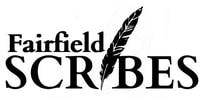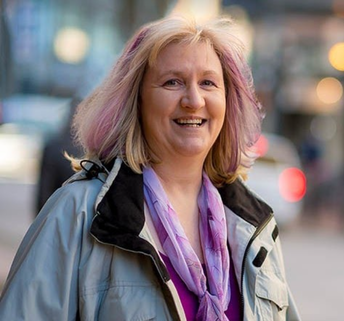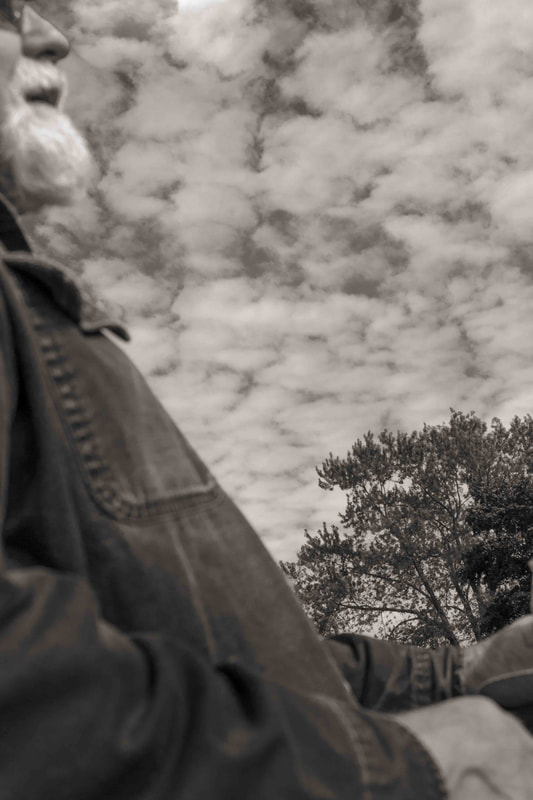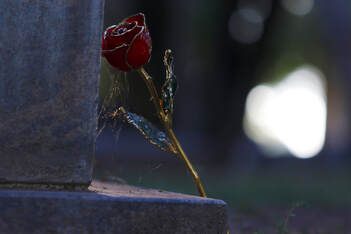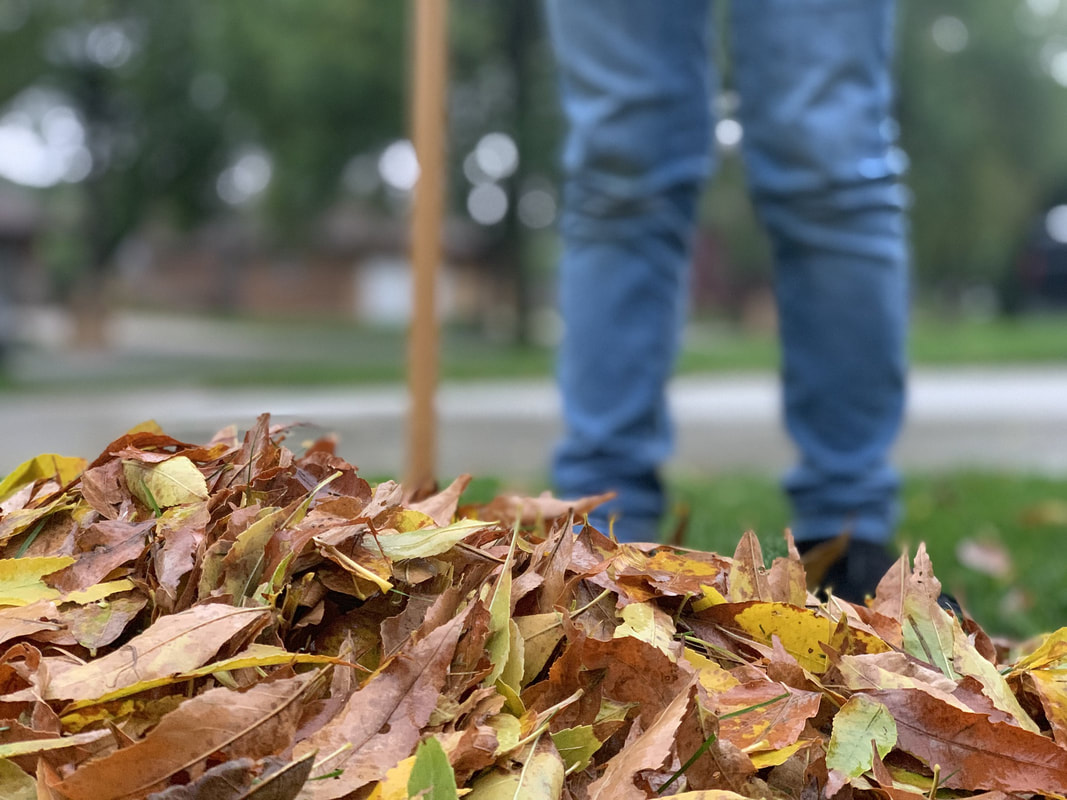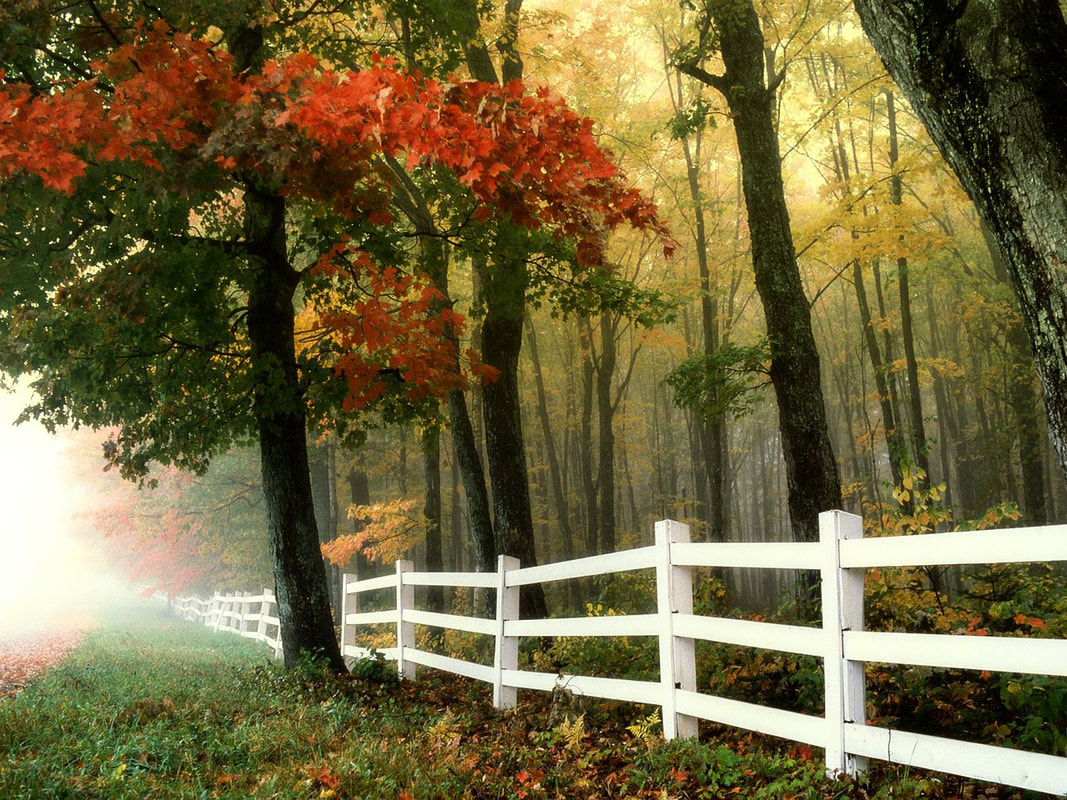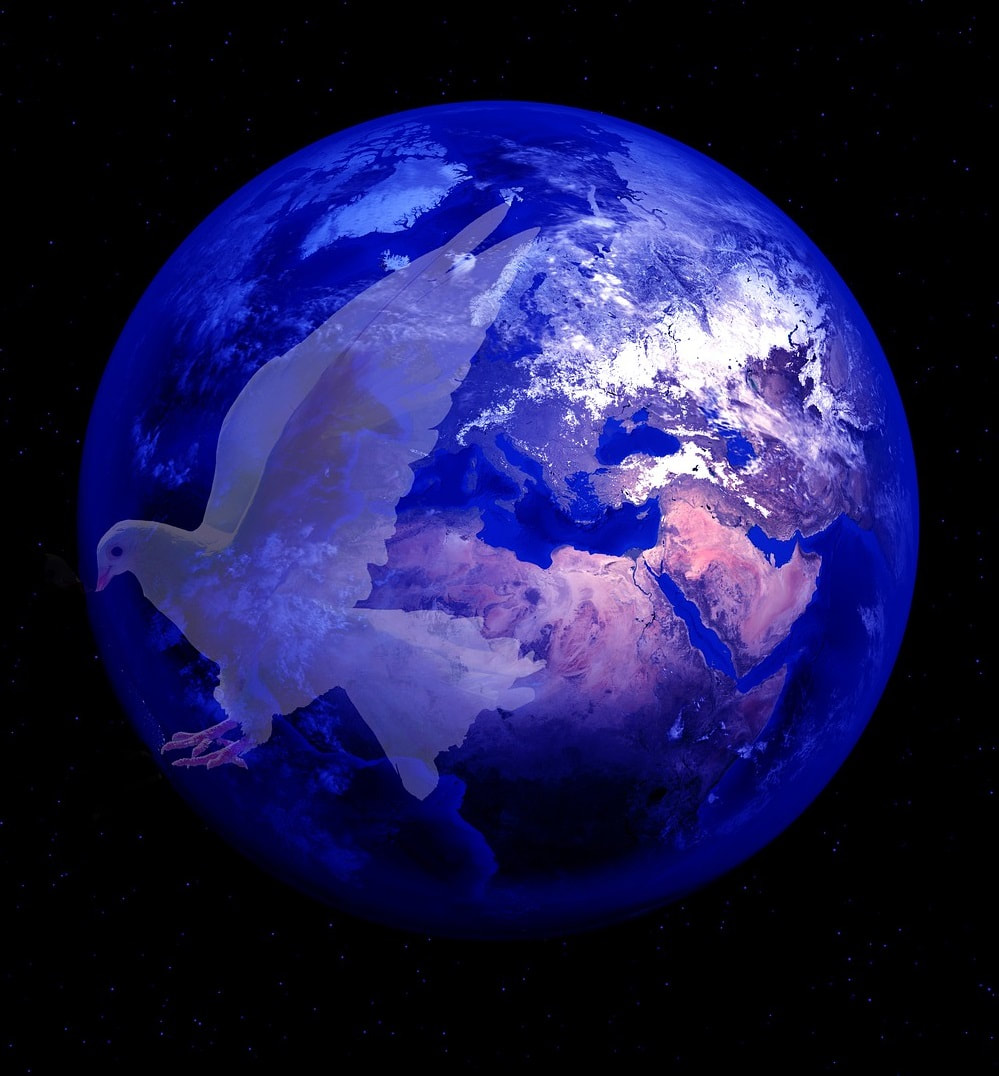ScribesMICRO
* * * Managing Editor: Edward Ahern * * *
* Submissions Editor: P.C. Keeler *
* Submissions Editor: P.M. Ray *
* Associate Editor: Alison McBain *
* Submissions Editor: P.C. Keeler *
* Submissions Editor: P.M. Ray *
* Associate Editor: Alison McBain *
Issue # 11
November 15, 2021
Featuring the short scribblings of:
* Bill Diamond * David Henson * Lisa Marie Lopez *
* Shuba Mohan * Christian Ward *
* Karen Southall Watts * Thomas Willman *
* Bill Diamond * David Henson * Lisa Marie Lopez *
* Shuba Mohan * Christian Ward *
* Karen Southall Watts * Thomas Willman *
Featured Author
Interview with Karen Southall Watts
Welcome to our eleventh issue of ScribesMICRO. I’m associate editor Alison McBain, and our interview today is with our featured writer Karen Southall Watts, writer of the poem “Moving Through a Country Fall.”
Karen Southall Watts currently writes and works in the Pacific Northwest. Her flash fiction and poetry have been featured at a number of magazines and journals. She is also the author of several business books and articles.
Karen Southall Watts currently writes and works in the Pacific Northwest. Her flash fiction and poetry have been featured at a number of magazines and journals. She is also the author of several business books and articles.
|
It’s a bit of both. I have lived in rural areas in the past, and have also found myself longing for them in the present, as I’ve been a city dweller now for several years. Fall is also my favorite time of year, and I think it’s beautiful just about anywhere you encounter it, but a country fall is extra magical. You’re a regular contributor to ScribesMICRO. Some of the themes in your writing cover life and aging, loneliness and relationships, poverty and plenty. Slices of life on different levels, which feature the negative as much as the positive. How does this poem tie into those themes? For example, the title “Moving Through a Country Fall”—why “moving through?” Lately I’ve been inspired by the heartbeat motion of Amanda Gorman’s work, and I wanted to try to capture that rhythm-of-life feel. When the pandemic hit, my original plan was to revise my non-fiction book on college success strategies. What I discovered was a need to pour out my lockdown emotions, and short forms turned out to be a perfect solution. The realities of aging, loneliness and relationships, poverty and plenty were staring me in the face all day. Living alone far from family when the world shut down broke my heart open. Luckily a few creative offerings spilled out. For readers who enjoyed this poem, where else can they find more of your writing? I have flash fiction pieces at 101Words, Free Flash Fiction, Reedsy, and The Chamber Magazine. In addition to ScribesMICRO, my poetry is at Sledgehammer Lit and (upcoming) at SorenLit. |
Fiction
|
Better Than Ghosting by Bill Diamond Lucretia hated when someone broke up with her by ghosting. The uncertainty. The waiting.
She never had a problem ending relationships and preferred an unequivocal termination. When it was time, she invited them to dinner. After the meal, Lucretia announced, “It’s over.” Some argued. But they had little time because the contaminated food would kick in. They would typically suffer cramps, vomiting, and diarrhea for days. Her exes would associate Lucretia and pain. It was almost one hundred percent safe and effective. Except for poor Brian. His unusually sensitive stomach and his body couldn’t take it. Now, he’s a ghost. * * * After a career in environmental protection, Bill Diamond Lives in the Rocky Mountains. He writes to try and figure it all out.
Lunch Hour by David Henson He hurries down lunch, then rushes out to buy a pair of shoes. The first store doesn’t have his size, so he marries the sales clerk and has three kids. The second store’s crowded, so he moves three times and trades cars too often to count. But still no shoes. His granddaughter gives him a lift to a third store, but it’s closed for inventory. He can’t get his wheelchair through the door of a fourth. Rolling along, he comes upon a blind man. He chats with him till no one’s looking. Then runs him down and steals his shoes.
* * * David Henson and his wife reside in Peoria, Illinois. His work has been nominated for Best Small Fictions and Best of the Net and has appeared in numerous print and online journals, including ScribesMICRO.
|
Stellar
by Lisa Marie Lopez Johnny’s been gone for almost six months, yet his room remains the same.
This afternoon, his phone rings. I answer it, but it’s for some other Johnny. An old high school coach wants to know how his former pitcher’s outing went in Davenport. My brother was a pitcher too. “You know Johnny,” I say. “His fastball’s unhittable.” The coach chuckles, and for a minute, I forget we’re talking about two different Johnnys. “They still call him Lights Out Johnny?” he asks. I pick up my brother’s old glove. “Stellar,” I say, fingering the embroidered nickname. “He will always be Stellar.” * * * Lisa Marie resides in Northern California. She loves quiet walks, baseball, and coffee. She's had many stories published in several different literary journals and venues, including Blink-Ink and Haunted Waters Press.
Wait For It by Thomas Willman I am the sanitary engineer for our trees, like the street sweeper who follows behind the elephants in a parade, picking up turds before they offend. I’d let spring husks and fall leaves rot where they lie, if it weren’t for the suburban group shaming I’d undergo.
My arsenal of rakes and wire brushes and leaf blowers serve no purpose except to wage war on plant litter. And nothing can be done to suit my schedule. The leaves overstay their welcome, until the temperature plummets and the sodden rains arrive. And then the big, brown bags deface my lawn until delayed departure, as lunch for a landfill. * * * Thomas Willman was an orphan who is now the proud father of five children. He started his writing career at seventeen, producing blurbs for porn sites, but has since moved on to literary fiction and poetry. He smilingly says that he didn’t need to alter his writing style. Tom also writes genre fiction under a nom de plume.
|
Poetry
|
Moving Through a Country Fall by Karen Southall Watts Rubber boots by the door
The path to the barn is a squelching sea of mud. Burnished leaves stick to the tractor. Finish the essential chores, Between breakfast and the next downpour. Gravel grinds under the wheels, The road to the church is scented with smokehouses. The congregation lingers by the coffeepot. Supper on the table, Smother hot biscuits with gravy. Talk turns to winter. Almanac says cold and dry. No white Christmas, Probably frozen and busted pipes. Evening on the porch, The night sky is a startling decoration of stars. A sigh of winter’s first icy breath, Curl under the quilts. Begin at dawn once more. * * * Karen Southall Watts currently writes and works in the Pacific Northwest. Her flash fiction and poetry have been featured at Fairfield Scribes, Free Flash Fiction, The Drabble, Sledgehammer Lit, 101Words, and The Chamber Magazine. She is also the author of several business books and articles. Reach her at @askkaren on Twitter.
* * * |
The Dove From Mars by David Henson It seemed the dove
was released from an underground cavern on Mars. The bird circled the red planet, gained speed to achieve escape velocity. The world’s telescopes tracked the dove as it headed for earth. Scientists had no explanation for how the creature survived, much less flew, in a vacuum. When the dove reached Earth, it glided into the atmosphere and orbited at low altitude for several days before soaring back into space and returning to the depths of Mars. Apparently, whatever it was seeking couldn’t be found on Earth. * * * David Henson and his wife reside in Peoria, Illinois. His work has been nominated for Best Small Fictions and Best of the Net and has appeared in numerous print and online journals, including ScribesMICRO.
|
|
Before the Light Goes by Christian Ward Before a blind of night
is pulled down to leave us fumbling for any source of light, let us not subtitle our dwindling words with discussions of whether the evening will be accompanied by a soundtrack of rain, if the wind will occupy the clothesline like a second-hand poltergeist or if lightning will gnash its teeth against the grain of the sky. Before the light goes, let us not probe the foxes acting like hooligans on our street or the neighbourhood cats playing war games while we sleep. Before the light goes, let us watch the last of the blossoms shedding her ghosts and think where our love went. * * * Christian Ward is a UK based writer who can be currently found in Wild Greens and Cold Moon Review and is forthcoming in Dreich, Uppagus, Spillwords and Chantarelle's Notebook. He was shortlisted for the 2021 Canterbury Poet of the Year Competition.
Contradictions Left Unresolved by Shuba Mohan “Your query letter has to follow a standard format,”
The professional I hired tells me. Reviewing my words she says, “Your style of writing is too formal. Don’t try to be different.” “I am not trying to be different, I just am,” I reply. “Just tell them what they want to know.” “Ah, in their way?” I ask. “Yes, in their way. That’s the way they'll know.” “But what about those who do not know the way?” I question. “They can find out. Anyone can,” she brushes off the concern. Just out of reach, accessible only to those who know. Open to everyone, as long as they follow the rules. * * * Shuba Mohan's writings explore the need to question our beliefs on what has always been. Trying, every day, to bypass the mindless pitfalls established to sidetrack people from staying informed and focused on continuing difficult discussions, she is a firm believer that each of us has a story to tell, and it behooves us to tell it, because no one else will do it for us.
|
|
The Poets' Salon
If you're looking for more poetry, including a place to read your work, receive critiques, and explore poetic forms, check out The Poets' Salon. Two editors of ScribesMICRO, Edward Ahern and Alison McBain, run this free poetry workshop. Meetings take place on the second Saturday of every month from 10 a.m. to noon EST via Zoom. More info, including how to sign up for the poetry workshop, can be found on The Poets' Salon website or via Meetup. |
